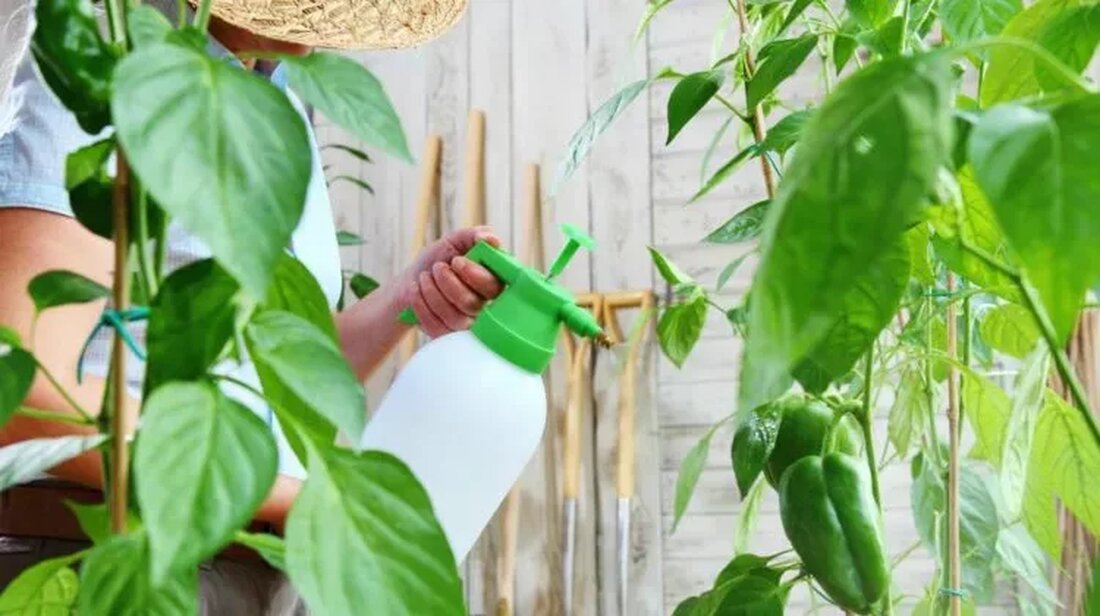Horses with colic - Peppermint could be the answer
Horses with colic can be helped with herbs, but this is definitely a serious condition that can be fatal. Therefore, call the vet immediately if you suspect colic in your horse. Peppermint-Mentha x piperita can be used preventively and wonderfully as a digestive aid. There are many common varieties of mint with the same active ingredients such as spearmint, water mint and apple mint, but peppermint is considered the most medicinal of all mints. Spearmint is the most common mint in home kitchen gardens, but peppermint is definitely the better medicinal herb. Peppermint's main therapeutic claim to fame lies in its ability to relieve flatulence, colic, and...

Horses with colic - Peppermint could be the answer
Horses with colic can be helped with herbs, but this is definitely a serious condition that can be fatal. Therefore, call the vet immediately if you suspect colic in your horse. Peppermint-Mentha x piperita can be used preventively and wonderfully as a digestive aid.
There are many common varieties of mint with the same active ingredients such as spearmint, water mint and apple mint, but peppermint is considered the most medicinal of all mints. Spearmint is the most common mint in home kitchen gardens, but peppermint is definitely the better medicinal herb.
Peppermint's main therapeutic claim to fame lies in its ability to relieve gas, colic and flatulence and is perfect as a digestive aid for horses. It has antispasmodic effects on the digestive system and is now used to treat irritable bowel syndrome in humans. Menthol, the essential oil of peppermint, is also antibacterial, antiseptic and antifungal.
These are the possible symptoms of colic that you should watch out for. Your horse is showing signs of restlessness and cannot decide whether to stand, roll or lie down. Change in bowel movements with diarrhea or very hard dry manure. Pawing at the ground and biting or kicking the stomach. These are all possible signs of colic.
There are actually a few different types of colic. There is impaction colic, in which food in the large intestine has been affected. In cramp-like colic, the intestines tend to spasm. This is usually caused by nervousness, stress or anxiety. Herbs like mint and chamomile can be very useful here. Parasites can also cause colic in horses.
The origin of peppermint is unclear, but it has been around for a long time and dried leaves have been found in Egyptian pyramids dating back to 1000 B.C. Found. The Greeks and Romans highly valued this herb, but it only became popular in Western Europe in the 18th century.
Peppermint is grown from rhizomes, which must be young and healthy to get you started. Older rhizomes that have already sent out shoots are not as viable and tend to become weaker. The ideal planting time is early spring or even mid-autumn. Fall plantings tend to produce a better harvest because the plant has more time to establish itself.
Harvesting can occur up to three times per season, usually starting in November. The 2nd crop should be ready about 6-8 weeks later and if you are lucky with the weather a 3rd crop should be available some time in the fall. If you are growing peppermint for the essential oils, harvest criteria are very important and timing is based on when the highest levels of essential oils are present.
When you use mint in your horse feed, you will find that it has a delicious aroma that is hard to refuse. It is considered one of the best digestive aids and helps relax and calm the digestive tract.
The flavanoids in mint stimulate the liver and the menthol oil has antibacterial and antiparasitic effects. The oils are also used for ulcers and colic. Since peppermint is anti-inflammatory and antispasmodic, it is a very useful herb for intestinal problems and flatulence. You can easily add 20 g of dried or 1-2 handfuls of fresh mint to your horse's feed every day and enjoy the sweet aroma yourself. A nice, tasty addition to any horse feed.

 Suche
Suche
 Mein Konto
Mein Konto
